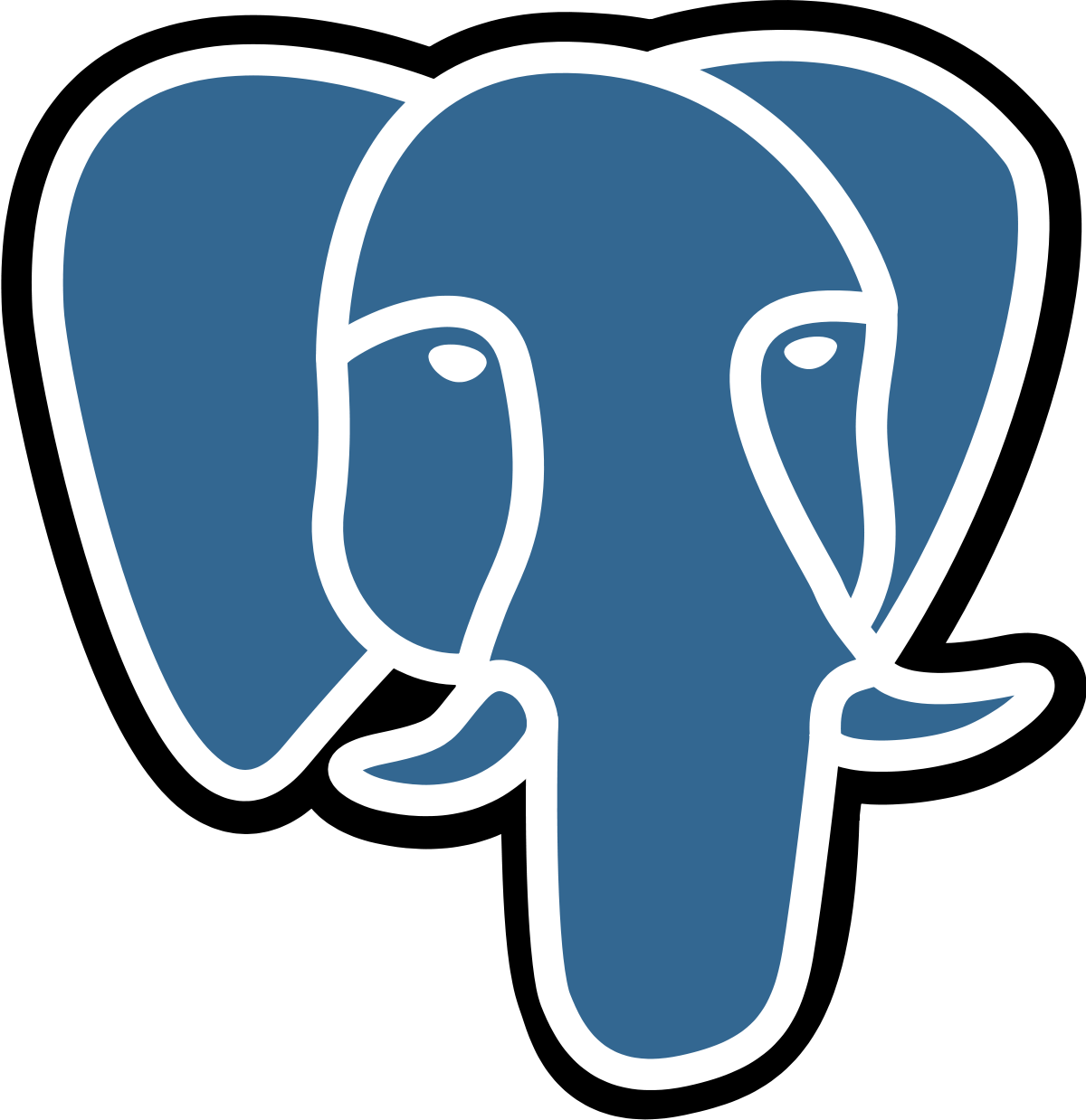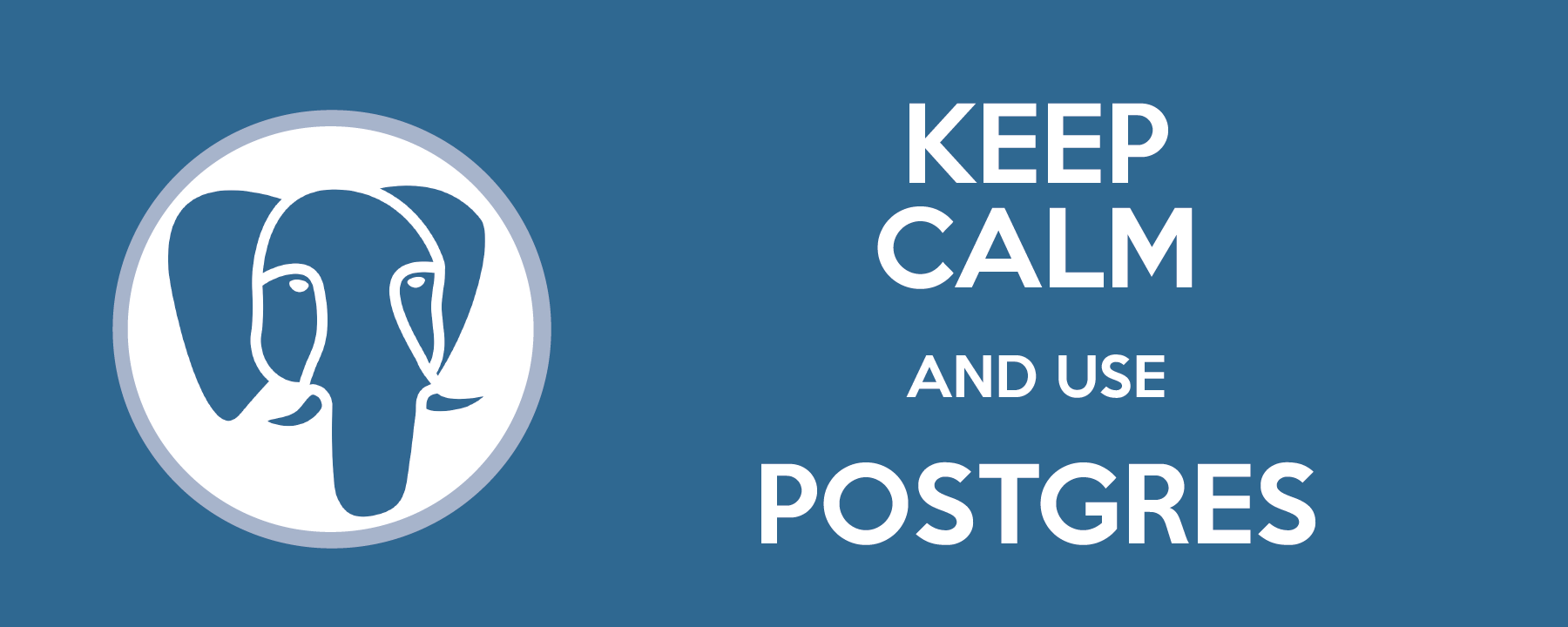PostgreSQL
The World’s Most Advanced Open Source Database

PostgreSQL is a powerful, open source, ACID compliant object-relational database system with over 30 years of active development that has earned it a strong reputation for reliability, feature robustness, and performance. It uses an extremely liberal open source license, making it free to use and distribute – unlimited & forever!
History
PostgreSQL (or Postgres) began its life in 1986 as POSTGRES, a research project of the University of California at Berkeley, led by highly influential database researcher Michael Stonebraker.
Who uses PostgreSQL?
PostgreSQL is everywhere. To illustrate this, we’ve highlighted a handful of the hundreds, if not thousands, of uses of PostgreSQL that touch every person as they lead their normal day-to-day life.
Some Cool Facts
PostgreSQL runs on all major operating systems including many variants of Linux, Windows, Unix, macOS, Solaris, and BSD. It complies with the SQL:2011 standard. See below for some of its main characteristics.
| Database Size | Unlimited |
|---|---|
| Table Size | 32 TB |
| Row Size | 1.6 TB |
| Field Size | 1 GB |
| Rows per table | Unlimited |
| Columns per table | 250 – 1,600 (depending on column types) |
| Indexes per table | Unlimited |



